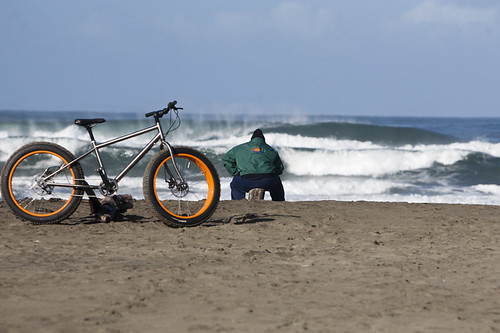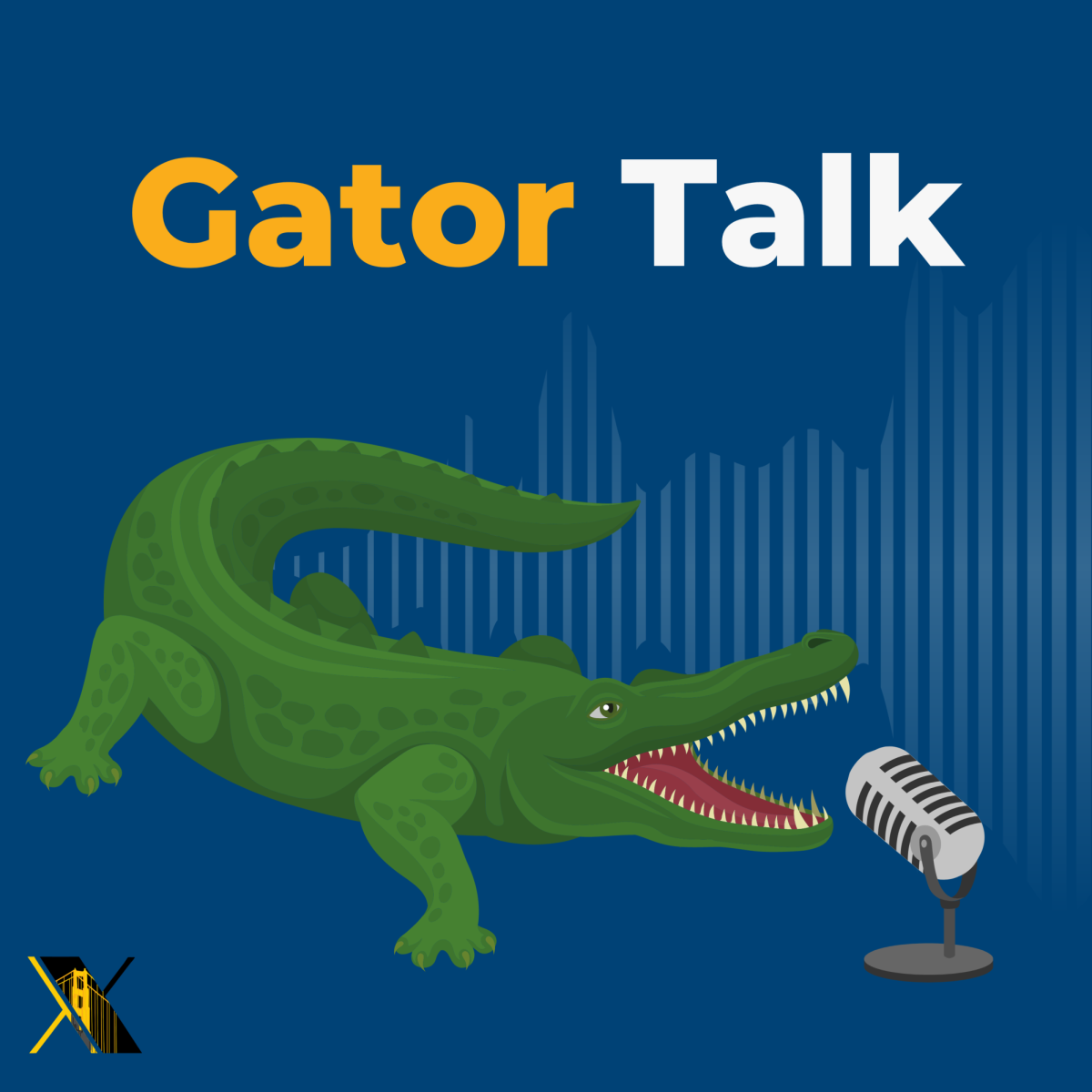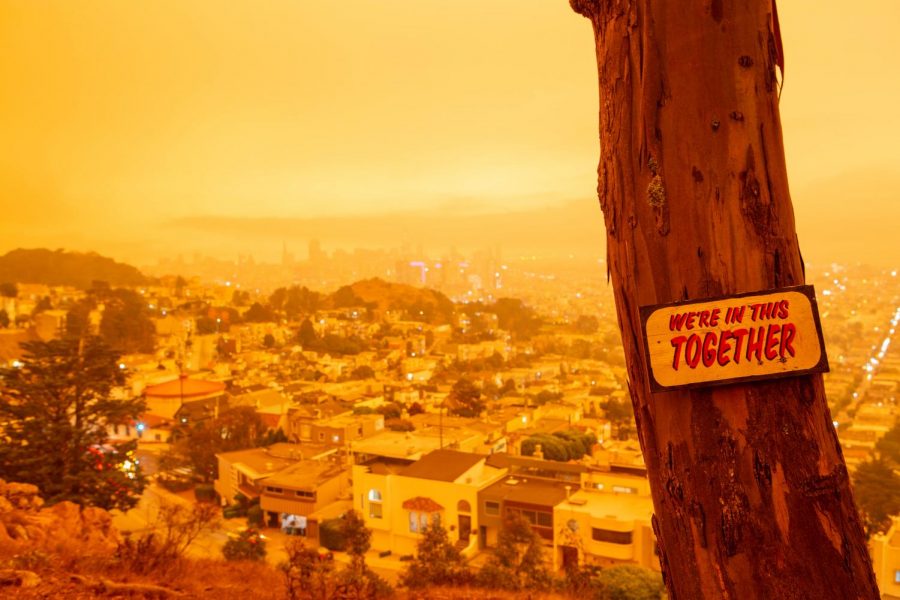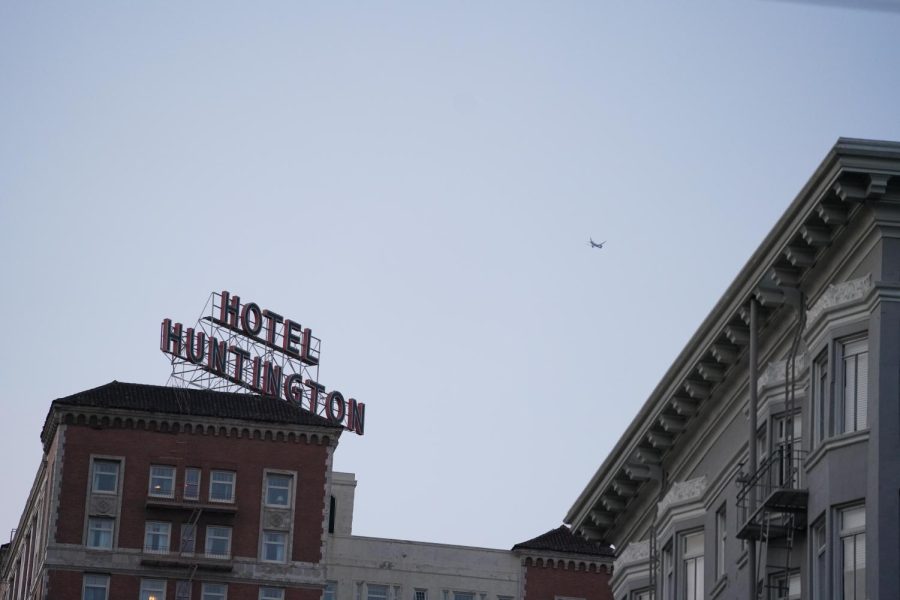
By Robert Rogers- special to [X]press
Japan’s 8.9-magnitude earthquake has killed and displaced thousands, crumbled countless buildings and left millions of Japanese coastal residents fearing for their lives as aftershocks and tidal waves ripple through the region. San Franciscans, meanwhile, panicked over the tsunami-of-the-century predictions of bloggers and the rest of the media. Of course, by the time the effects of the Tsunami reached the Bay Area, it was a foot-high tidal wave that did not live up to the hype.
But could San Francisco face a catastrophic, or even an inconvenient, tsunami in the future?
Ryan Corbett, 31, a graduate student lecturer in SF State’s geology department, canceled a field trip to the beach today as students from Oakland emailed him to tell him they were scared to come to class.
“They were scared of the tsunami,” he said laughing.
Still, the emergency assistance and residents were right to prepare for the worst, Corbett said.
“I don’t think the reaction was excessive,” Corbett said. “Some people don’t appreciate the raw power of the ocean. Not knowing how big the waves were going to be, it’s better to be safe than sorry.”
But when pressed further, Corbett admitted that San Francisco is not particularly vulnerable to tsunami waves like the ones pummeling Japan. This is partly due to San Francisco’s unique geological setting.
According to Corbett, San Francisco beaches boast a deep bar, the area between the end of the low-tide line and the beginning of the continental shelf, which acts as a cushion for incoming waves. Nearby Farrolon Islands, an island chain 20 miles south of San Francisco, also hinders tsunami-type waves before they reach shore.
Friday morning’s low tide also lulled the effect of Japan’s tidal aftershocks, as tsunami waves reached shore just as the current sloughed off to it’s lowest point of the day around 10 a.m. Sunset residents watched with relative boredom as Japan’s once-deadly tsunami waves dissipated and gently broke against the side of Ocean Beach’s dunes. The spectators waited impatiently for the “real tsunami” to come.
Luckily, it never did.








Justin Beck • Mar 12, 2011 at 1:12 pm
Other parts of the state were not so lucky. It killed a guy in Crescent City. Chronicle: “Tsunami causes millions in damage in California” http://bit.ly/g9BTB3